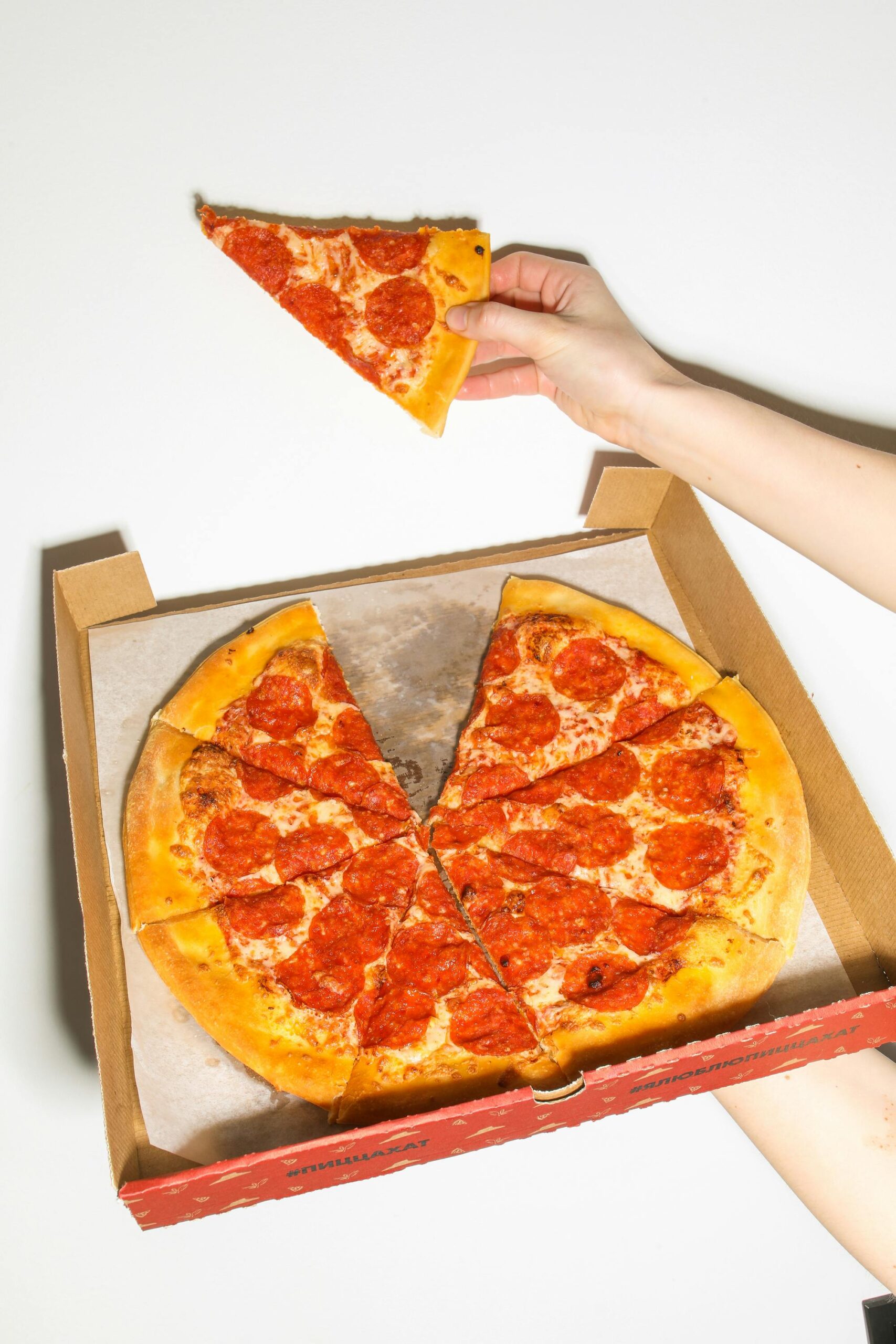The term “cheat meal” has been popularised within fitness culture as a way to describe planned indulgences. On the surface, it may seem innocuous—a structured opportunity to enjoy foods you love without guilt. However, the underlying mentality reinforces damaging beliefs about food morality and self-worth, often sabotaging long-term health and wellbeing.
Let’s unpack why the concept of cheat meals is counterproductive and why a more nuanced, sustainable approach to eating serves both your physical and mental health.
Cheat Meals Reinforce the Good vs. Bad Food Dichotomy
Labelling meals as “cheats” inherently divides food into two categories: virtuous and forbidden. Typically, cheat meals consist of foods like pizza, burgers, or desserts—the types of foods frequently demonised by diet culture. When foods are framed as forbidden, it reinforces anxiety around eating them, which can ultimately lead to guilt when they’re consumed.
Food does not possess moral value. Eating a burger does not make you a “bad” person, nor does choosing a salad make you inherently “good.” When we move away from moralising food choices, we can begin to see food for what it truly is—nourishment, fuel, and a source of enjoyment—without attaching unnecessary judgement or guilt to our decisions.
Cheat Meals Perpetuate All-or-Nothing Thinking
The cheat meal framework perpetuates an all-or-nothing mindset around food. You’re either adhering strictly to a clean eating regimen or you’re entirely off-plan during your cheat meal. This binary thinking can hinder your ability to develop a balanced relationship with food.
Consider how often cheat meals lead to overindulgence. You plan to have just one slice of pizza, but suddenly the entire box is gone. This isn’t a failure of willpower—it’s a natural psychological response to food scarcity. When we label certain foods as “off-limits,” they become more desirable, leading to a heightened risk of overeating when we finally allow ourselves to indulge.
By permitting yourself to enjoy all foods in moderation, you diffuse the power they hold over you. When nothing is entirely off-limits, the compulsion to overindulge diminishes.

Cheat Meals May Mask Disordered Eating Patterns
In some instances, cheat meals serve as a socially acceptable way to engage in disordered eating behaviours. The notion that you can “eat whatever you want” during a cheat meal often results in overeating to the point of physical discomfort, especially if restrictive behaviours have been in place throughout the week.
Research consistently shows that binge eating is frequently driven by deprivation. By integrating a variety of foods into your regular meals without judgement, you reduce the likelihood of intense cravings and loss of control that are often hallmarks of binge episodes.
Cheat Meals Trigger Guilt and Shame
While cheat meals are marketed as guilt-free indulgences, many people find that they come with a significant emotional cost. Once the meal is over, feelings of regret or shame can quickly take hold, particularly if the meal is perceived to have undone previous progress toward health or fitness goals.
This guilt-shame cycle is exhausting and counterproductive. Guilt around food choices often leads to further restriction, which in turn perpetuates the cycle of bingeing and compensatory behaviours. By removing the concept of cheat meals and embracing a more compassionate approach to eating, you can work toward dismantling this cycle.
Cheat Meals Disrupt Social Experiences
Another downside to cheat meals is the way they can interfere with your social life. If you believe that dining out or enjoying certain foods is only permissible during a designated cheat meal, it can create anxiety around spontaneous social occasions and celebrations.
Food is inherently social and cultural. Sharing a meal with loved ones is not something that should require justification. By adopting a more balanced mindset, you can participate in social eating without the fear of breaking any arbitrary food rules.

The Alternative: Embracing Food Freedom
So, what’s the alternative to cheat meals? It’s adopting a mindset of food freedom—the understanding that no food is inherently good or bad and that all foods can be part of a balanced diet. Here’s how you can begin shifting your approach:
- Reframe your language: Replace terms like “cheat meal” with more neutral descriptors, such as “favourite meal” or “satisfying choice.”
- Prioritise balance over perfection: Focus on overall balance across your week rather than striving for rigid perfection in each meal.
- Tune into your body’s cues: Pay attention to hunger, fullness, and satisfaction cues rather than adhering to external food rules.
- Incorporate regular indulgences: Allow yourself to enjoy your favourite foods regularly in portions that feel fulfilling and sustainable.
Final Thoughts
The cheat meal mindset may seem like a harmless way to indulge, but it can perpetuate damaging beliefs about food, reinforce disordered patterns, and trigger cycles of guilt and shame. Letting go of this rigid framework and adopting a more balanced, flexible approach to nutrition can help you cultivate a healthier relationship with food—one that prioritises nourishment, enjoyment, and self-compassion.
Remember: You don’t need to earn your food, and your self-worth is never tied to your dietary choices. True food freedom comes from rejecting the notion that indulgence needs to be justified.

Comments +